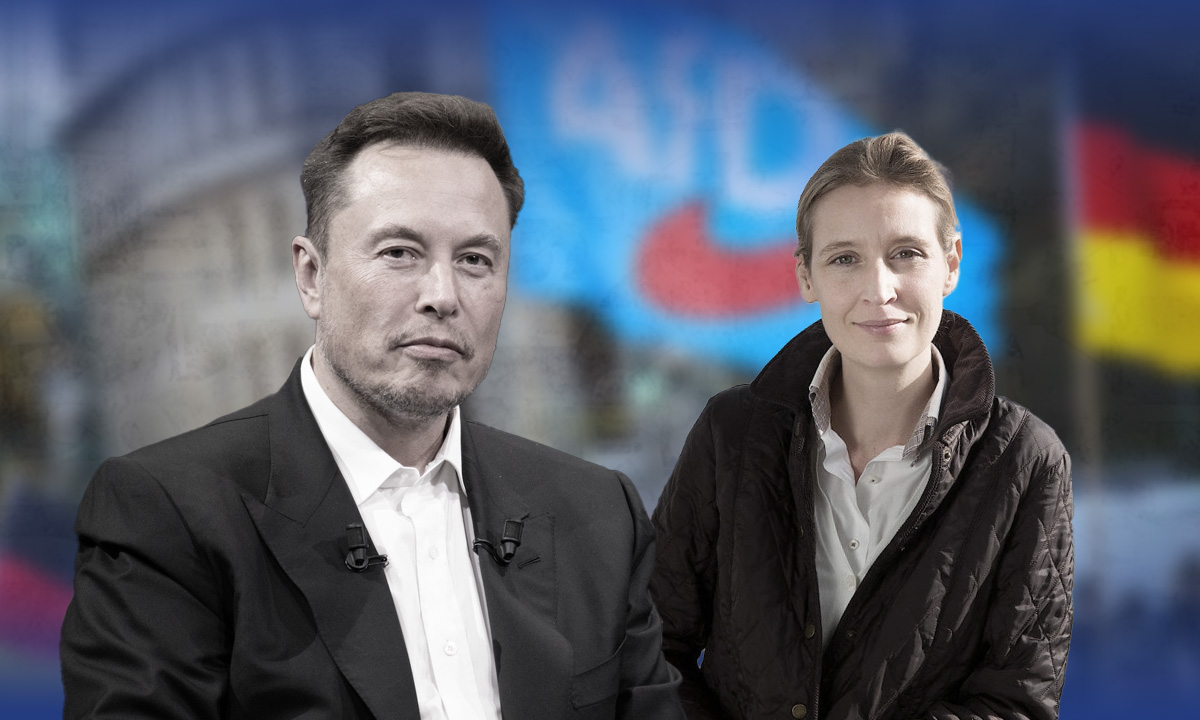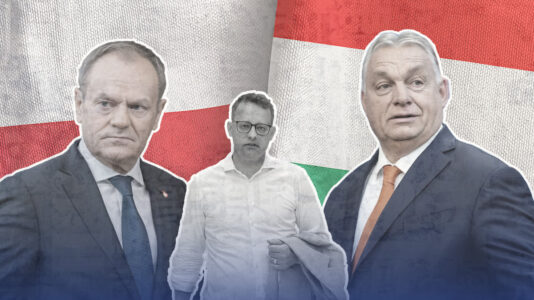Tech billionaire Elon Musk has added his voice to Germany’s political discourse, expressing support for the Alternative for Germany (AfD) party, as the country faces a snap election early next year.
His endorsement comes ahead of President Frank-Walter Steinmeier’s Dec. 27 announcement on whether the Bundestag will be dissolved.
Musk declared his support on X, writing, “Only the AfD can save Germany,” while sharing a video by activist Naomi Seibt. In the video, Seibt criticized the main opposition CDU’s chancellor candidate Friedrich Merz for refusing to engage with the AfD, claiming this stance prevents a “freedom-friendly approach.”
AfD co-leader Alice Weidel welcomed Musk’s statement, replying, “Yes! You’re absolutely right, Elon Musk!” Weidel thanked the entrepreneur for recognizing the AfD as Germany’s “only alternative” and wished him and U.S. President-elect Donald Trump success for the incoming U.S. administration.
In a follow-up video posted on the social media platform, Weidel reiterated that the AfD “is indeed the one and only alternative for our country; our very last option.”
Dear @elonmusk,
Thank you so much for your note. The Alternative for Germany is indeed the one and only alternative for our country; our very last option. I wish you and President Donald #Trump all the best for the upcoming tenure! And also, I wish you and all the American people… pic.twitter.com/iVBfPDoRfp
— Alice Weidel (@Alice_Weidel) December 20, 2024Weidel has been vocal about the need for substantial changes to Germany’s economic and political direction. In a recent Bloomberg interview, she criticized the European Union’s regulatory policies, calling them detrimental to Germany’s economic competitiveness. She singled out the automotive industry, which she argued has been undermined by the EU’s planned 2035 ban on combustion-engine vehicles.
“We need free trade among European nations, but we don’t need the overwhelming bureaucracy that stifles innovation,” Weidel stated. She described the EU’s approach as “socialist policymaking” that damages market mechanisms and impairs Germany’s economic backbone.
Weidel also expressed concerns about the legacy of former chancellor Angela Merkel’s policies and the EU’s broader impact on Germany’s governance. “The European Union, in its current state, is not functioning well. We need reforms that prioritize efficiency and sovereignty,” she said.
The AfD is poised to place second in Germany’s February federal elections, reflecting growing public support for policies that emphasize economic freedom, reduced bureaucracy, national sovereignty, and stricter immigration.
Germany, Forsa poll:
CDU/CSU-EPP: 30% (-1)
AfD-ESN: 19% (+1)
SPD-S&D: 17%
GRÜNE-G/EFA: 13%
FDP-RE: 4%
BSW-NI: 4%
LINKE-LEFT: 3%
+/- vs. 3-9 December 2024
Fieldwork: 10-16 December 2024
Sample size: 2,501
➤ https://t.co/obOCVirJfd#btw25 #Bundestag #Wahlen pic.twitter.com/IrgFvk5mcS
— Europe Elects (@EuropeElects) December 17, 2024Despite their rising popularity, the party is unlikely to form part of the next government, as mainstream parties continue to exclude the AfD from potential coalitions.






